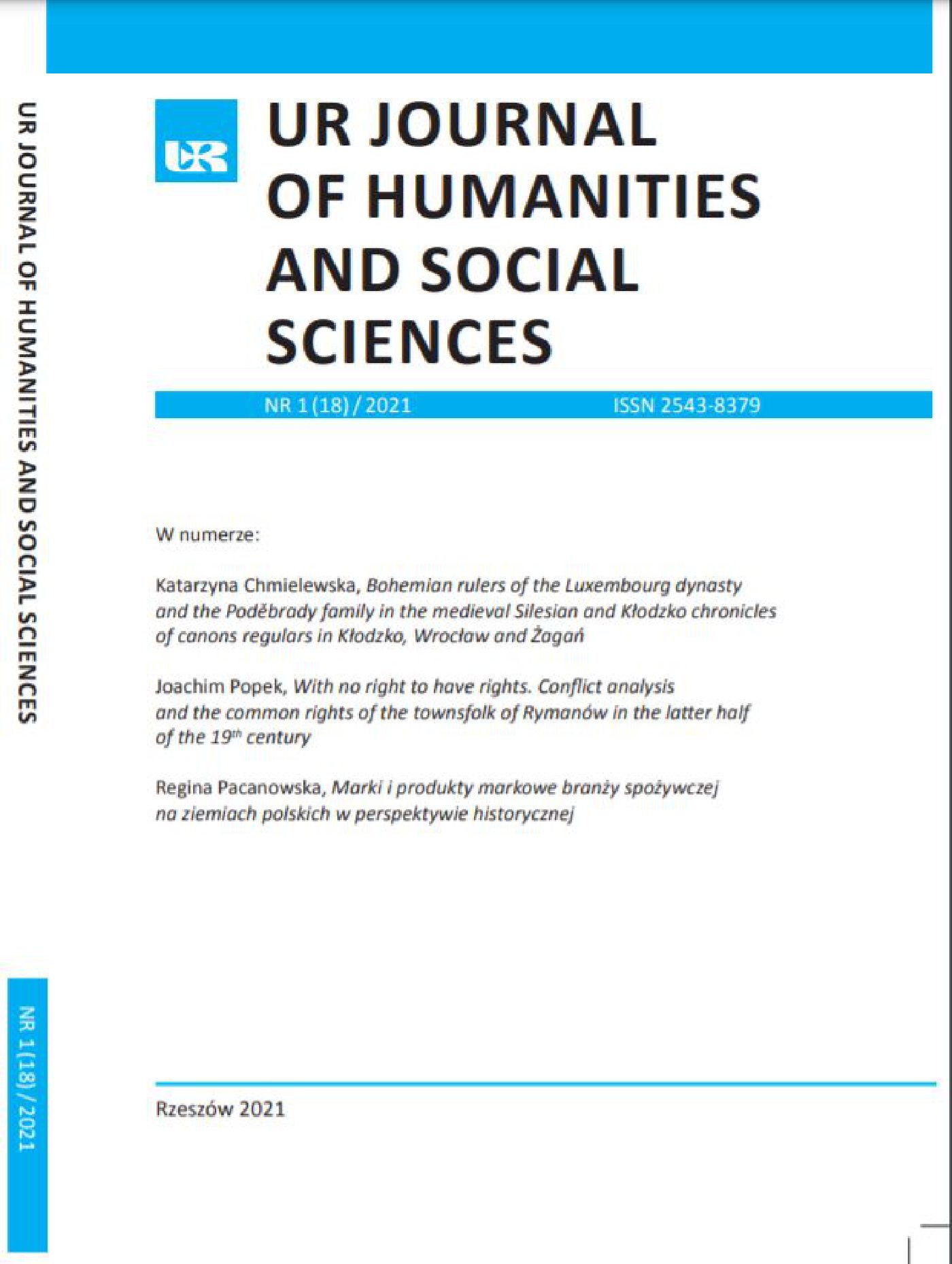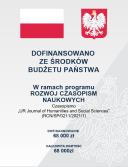The changing role of protocol in the 21st century’s diplomacy and international relations
DOI:
https://doi.org/10.15584/johass.2021.1.7Keywords:
protocol, diplomacy, etiquette, social manners, adaptability, international relations, online and hybrid eventsAbstract
Protocol has long been considered to be the set of international courtesy rules primarily rooted from the French and Spanish royal courts of the 16–18th century. It has recently become a means of subconscious persuasion not only in diplomacy but also in the business and social world. These long-established rules facilitate not only the official representatives of nations but also for their people their co-existence in peace and harmony. It creates space, and sets the framework where offline and online interactions may take place. One of the most significant instruments that makes complex and delicate mechanisms of foreign policy work successfully. The year of 2020 brought many changes we all must face and react to. Protocol itself and protocol professionals are not exempt. Meetings, delegation programs, conferences and all official and social engagements have become unconventional to the end. The rise of online and hybrid events demands the skill of adaptability both in international relations and in protocol. The present article aims to briefly examine protocol by definitions and to show its complexity from a scientific perspective. Protocol as applied interdisciplinary science: an innovative approach initiated by a professional expert having elaborate practical experience in the field.Downloads
Download data is not yet available.
Downloads
Published
2021-03-30
How to Cite
Hossó, N. (2021). The changing role of protocol in the 21st century’s
diplomacy and international relations. Journal of Humanities and Social Sciences, 18(1), 114–131. https://doi.org/10.15584/johass.2021.1.7
Issue
Section
Articles
License
Copyright (c) 2021 Wydawnictwo Uniwersytetu Rzeszowskiego

This work is licensed under a Creative Commons Attribution-NonCommercial 4.0 International License.



